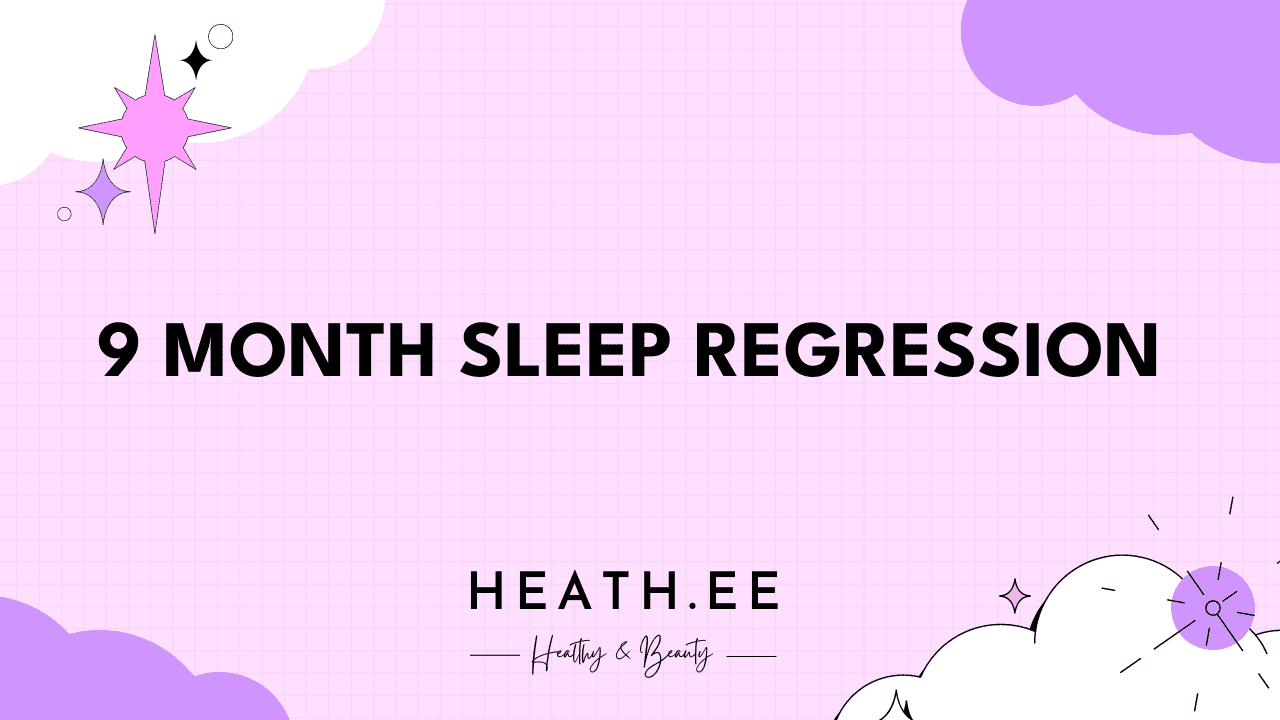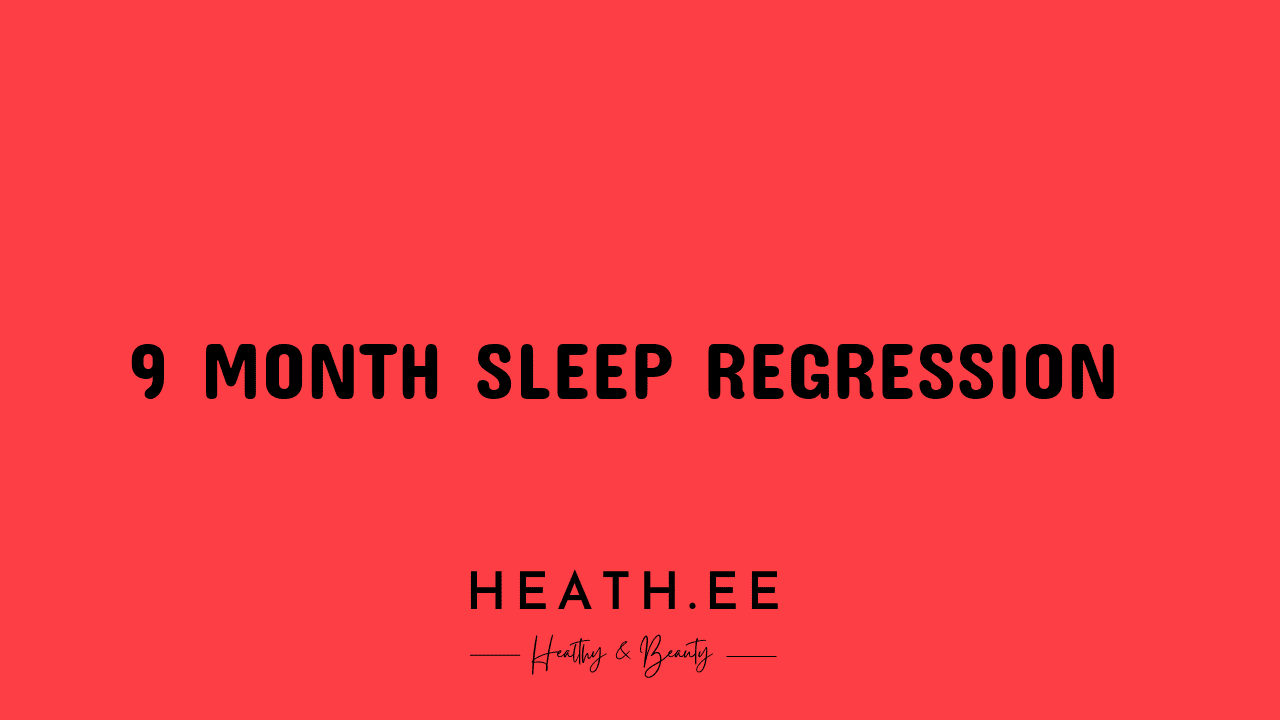Sleep regression is a normal part of a baby’s development, but it can be difficult for parents to understand and manage. The nine-month sleep regression is one of the most common and challenging sleep regressions for parents to grapple with. In this blog post, we’ll explore what the nine-month sleep regression is, why it happens, and how to manage it.
What is Nine-Month Sleep Regression?
The nine-month sleep regression is a period of time when a baby’s sleep patterns become disrupted. It typically occurs around the nine-month mark and can last anywhere from a few days to a few weeks. During this time, babies may wake more frequently than usual, have trouble settling down for naps and bedtime, and may even start to wake up earlier in the morning.
This sleep regression is often caused by a combination of factors, such as developmental milestones, changes in routine, and the introduction of new foods or activities. It’s also important to note that sleep regressions are a normal part of a baby’s development and are not necessarily a sign of a sleep disorder or problem.

Why Does Nine-Month Sleep Regression Happen?
There are several reasons why the nine-month sleep regression might occur. Firstly, it could be due to a developmental milestone. At nine months, babies are becoming increasingly mobile and curious about their environment. This newfound mobility and curiosity can make it difficult for them to settle down and go to sleep.
Another reason why the nine-month sleep regression might occur is due to changes in routine. Babies thrive on routine and familiarity, so any changes to their daily schedule can cause them to become unsettled and have trouble sleeping. This could include changes to meal times, naps, or bedtime.
Finally, the nine-month sleep regression can be caused by the introduction of new foods or activities. Babies tend to become more interested in exploring the world around them as they get older, and this can lead to overstimulation, which can make it difficult for them to settle down and go to sleep.
How to Manage Nine-Month Sleep Regression
The key to managing the nine-month sleep regression is to stay consistent with your baby’s routine. This means sticking to the same bedtime, nap times, and meal times as much as possible. It’s also important to make sure your baby is getting enough physical activity during the day, as this can help tire them out and make it easier for them to settle down for naps and bedtime.
It’s also important to create a calm and relaxing bedtime routine for your baby. This could include a warm bath, a massage, a bedtime story, or some gentle music. This will help your baby to relax and feel more secure, which will make it easier for them to settle down and go to sleep.
Finally, it’s important to keep your baby’s room dark, quiet, and cool. This will help them to feel safe and secure, which will make it easier for them to settle down and go to sleep.

Tips for Getting Through Nine-Month Sleep Regression
The nine-month sleep regression can be a difficult time for both parents and babies. Here are some tips for getting through it:
-
Stick to your baby’s routine as much as possible. This will help your baby to feel secure and make it easier for them to settle down and go to sleep.
-
Create a calming bedtime routine for your baby. This could include a warm bath, a massage, a bedtime story, or some gentle music.
-
Make sure your baby is getting enough physical activity during the day. This will help tire them out and make it easier for them to settle down for naps and bedtime.
-
Keep your baby’s room dark, quiet, and cool. This will help them to feel safe and secure, which will make it easier for them to settle down and go to sleep.
-
Take a break if you need to. It’s important to remember that sleep regressions are a normal part of a baby’s development and it will pass.
When to Seek Help for Nine-Month Sleep Regression
If your baby’s sleep regression persists for more than a few weeks, it’s a good idea to seek help from a sleep specialist. A sleep specialist can help you to identify any underlying issues that may be contributing to your baby’s sleep problems and can provide you with tailored advice to help you get through this difficult period.
Conclusion
The nine-month sleep regression can be a difficult time for parents and babies, but it’s important to remember that it’s a normal part of a baby’s development and will pass. The key to managing the nine-month sleep regression is to stay consistent with your baby’s routine, create a calming bedtime routine, and make sure your baby is getting enough physical activity during the day. If your baby’s sleep regression persists for more than a few weeks, it’s a good idea to seek help from a sleep specialist.



